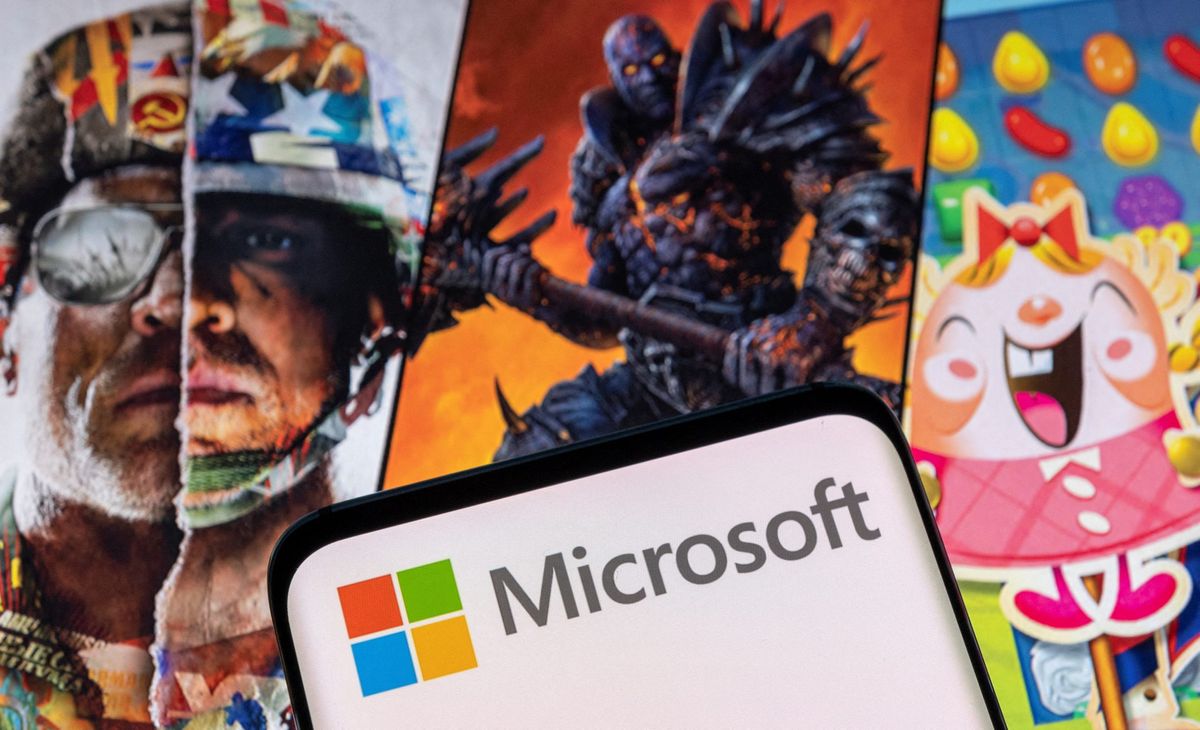A look at Microsoft’s US$68.7 billion acquisition of Activision Blizzard

A few minutes every morning is all you need.
Stay up to date on the world's Headlines and Human Stories. It's fun, it's factual, it's fluff-free.
The backstory
- Before deep-diving into the acquisition, let’s go into what the metaverse is. The metaverse is a virtual world consisting of a combination of augmented reality (e.g. Pokémon Go) and virtual reality (the Oculus Rift).
- A lot of companies are heavily betting on this space to essentially replace phones, including Apple Inc., which is also in the middle of developing Apple headsets.
- This space started getting a lot of hype in the past couple of months, especially after Facebook Inc. changed their name to Meta Platforms Inc. to sort of let the world know that’s the space they’re going into.
The development
- Now, with that out of the way, Microsoft Corp. has said that it’s buying Activision Blizzard Inc. – that huge game maker responsible for popular household names like “Call of Duty" and “World of Warcraft" – as a bet on the metaverse becoming the next big thing.
- It’s Microsoft’s biggest acquisition yet, and they’ll pay US$95 a share in good ol’ cash, which puts the sale at a cool US$68.7 billion. This is a 45% premium on Activision’s closing price Friday, and some say it’s a good deal considering how the stock performed in 2021.
- Now, to step back a little and look at why the stock performed this way; Activision’s reputation has been tainted for quite some time, with legal issues about the company’s “frat boy culture” and sexual misconduct, including rape. Allegedly, the longtime chief executive officer of the company, Bobby Kotick, apparently knew of these issues but didn’t do anything about them.
- This included not telling the board. He apologized and said he would make the necessary changes.
- But Kotick says that this acquisition has nothing to do with the calls for him to resign amid the scandals. Microsoft reportedly leveraged the issues at Activision to see whether Kotick would take the deal. Kotick, according to company insiders, apparently didn’t want to sell to Microsoft but didn’t have leverage with the board because of the scandals and the way they were handled.
What’s next?
- This sale should help Microsoft’s Xbox compete with rival Sony Corp.’s PlayStation.
- It may face some legal issues, including anti-monopoly regulations within the United States, but also other countries like China.
You drive the stories at TMS. DM us which headline you want us to explain, or email us.







Comments ()